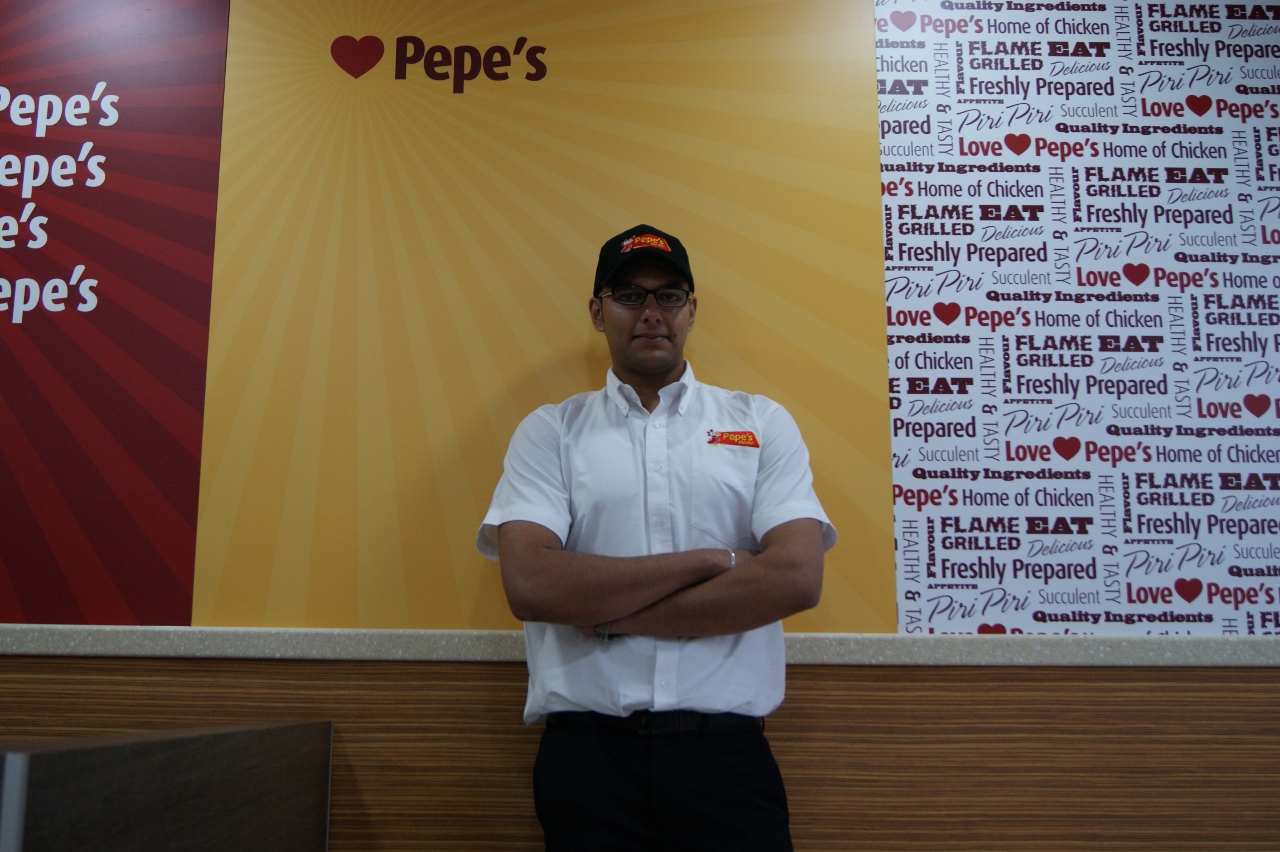
Experts in the field of robotics and systems will battle it out as ten of the most advanced infrastructure robots and systems currently in development will be put to the test at the UK robotics resilient in challenge event in Leeds.
The event at University of Leeds next month will see the most talented University teams display their advanced infrastructure robots and systems.
Dr. Bilal Kaddouh, one of the coordinators and organisers of the event, will showcase his incredibly inventive systems.
“I’m currently researching at University of Leeds focusing on the design of aerial robotics systems for autonomous inspection and maintenance of cities infrastructure,” he said.
“This involves the design of a UAV equipped with tracks, depth sensor and a tar 3D printer nozzle. The UAV will be able to detect cracks and potholes, drive on the ground over the location of the cracks and seal them using the tar extruder currently being designed by UCL.
“This will allow road maintenance at reduced costs and minimise disruption to traffic.”
But the doc isn’t stopping at one project – he’s also working on another system – one which he described as an ‘earthmoving site operation management system using a fleet of drones controlling ground earth moving assets’.
Asked what this means exactly, Dr. Bilal obliged: “It’s a solution where earthmoving trucks are fully guided by a UAVs. The trucks follow simple operations with no obstacle avoidance sensors and therefore receive all the instructions from the UAVs who continuously monitor position.
“The UAVs navigate several trucks simultaneously and safely navigate them through detected obstacles including other trucks. The UAVs receive requests from various parts of the site for more earthmoving trucks, which are then directed to these areas on demand.
“The system is designed to use multiple collaborating UAVs that are fully instrumented reducing the likelihood of breakdown or failure, while reducing cost of instrumenting a large fleet of trucks.
“It also allows global efficient planning, and safe integration with other human driven vehicles which will be demonstrated during the competition.”
Dr. Bilal is also planning ahead and spoke of his planned future research projects he said: “I am looking at the design of UAV with manipulator (robotic arms) onboard that is able to perch on high structures inspect them and perform maintenance tasks at height.
“I expect this to take around two years and beyond that who knows what the future will hold for me.”
The event, which takes place on the 27th and 28th of July, is in collaboration with, the Engineering and Physical Sciences Research Council’s UK Robotics and Autonomous Systems Network.
The event is being staged at the EPSRC National Facility for Innovative Robotic Systems. A £4.3 million facility which gives researchers access to a suite of facilities and technologies to aid robot design and construction that is amongst the most advanced in the world.
The aim of the challenge is to highlight the latest research and development projects by putting robots on the conference floor to demonstrate their capabilities.
With a panel of expert judges choosing the winner with the finalists sharing a £5,000 prize to further enable robot improvements.














